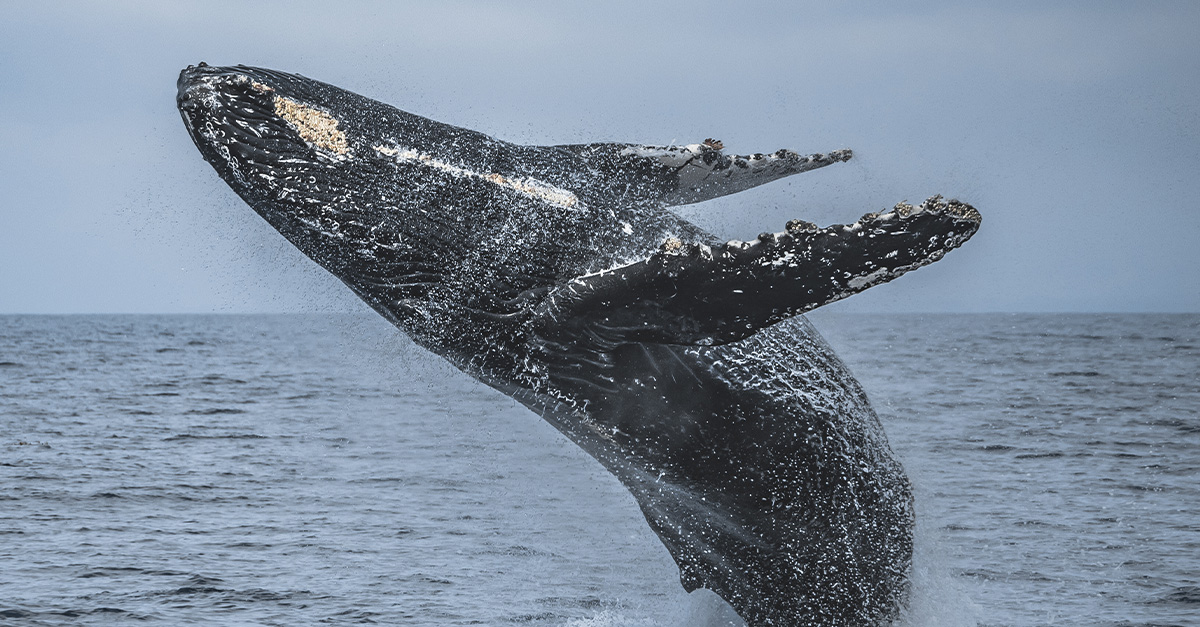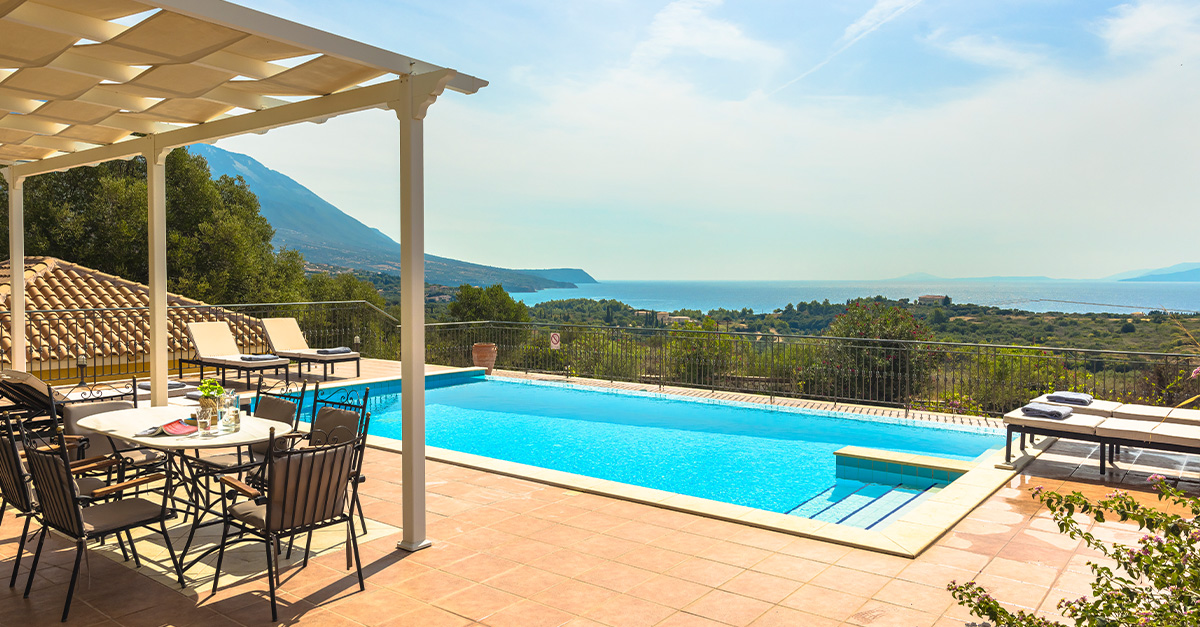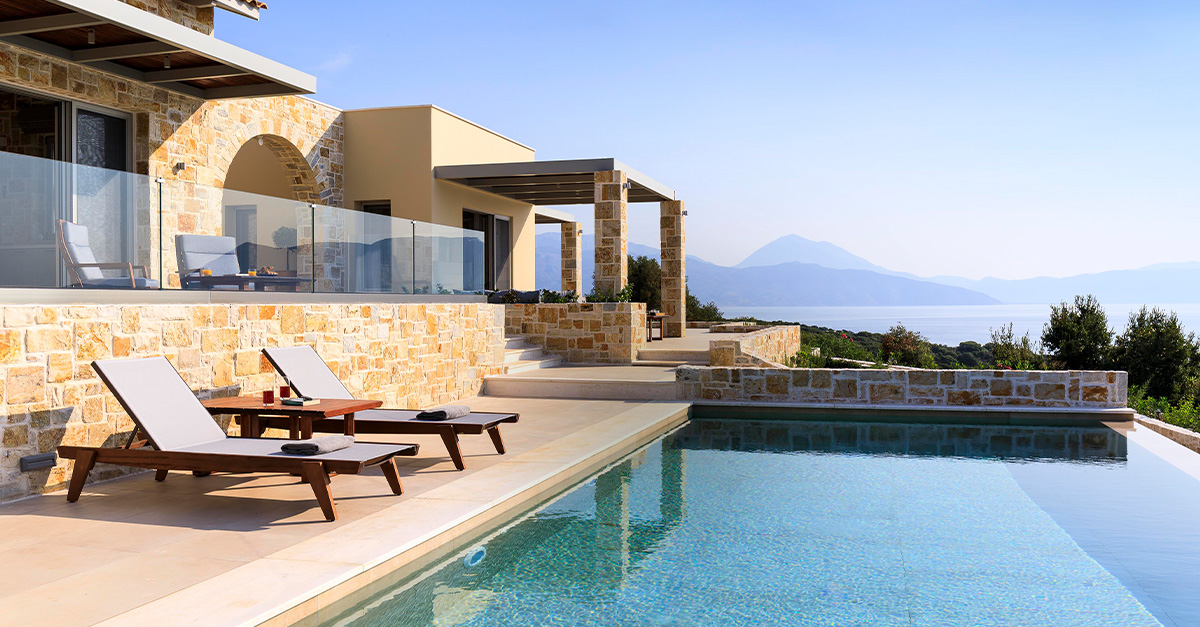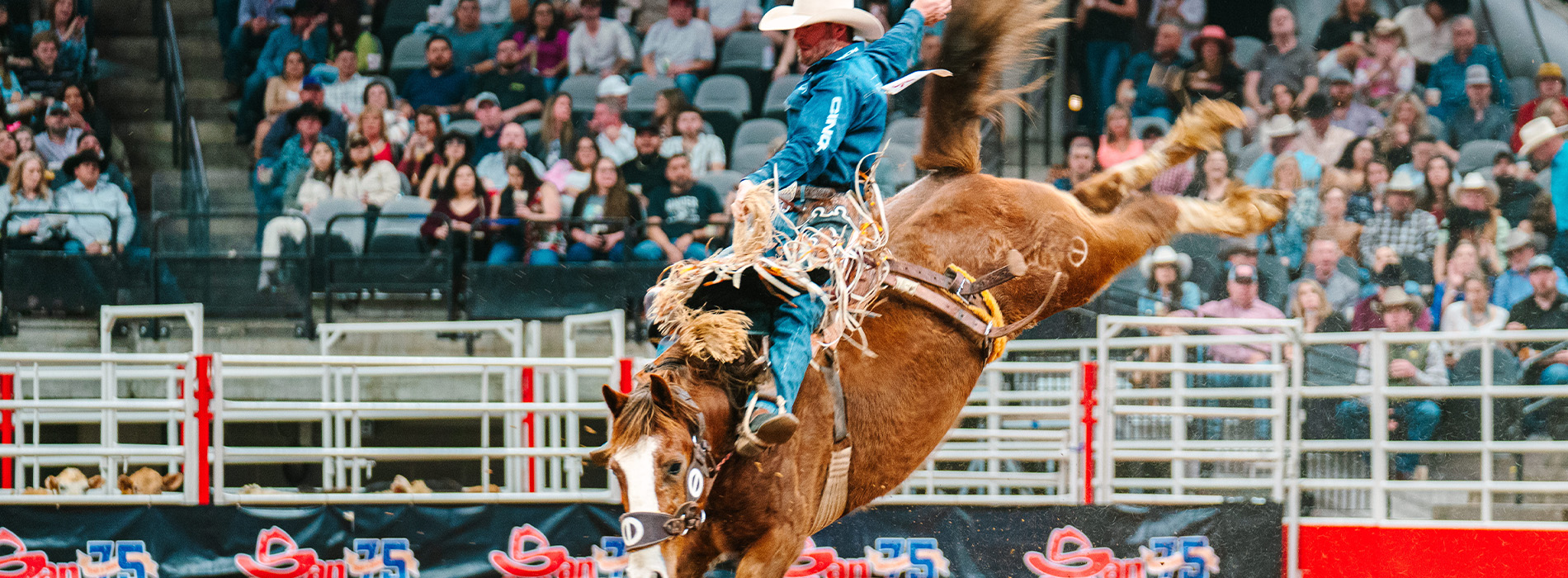Laura French interviews Celine Cousteau, environmentalist, film-maker and TreadRight ambassador.
Click here to download and save as a PDF.
Q. What does your day-to-day work involve?
A. I work on activism projects and documentary films, so it depends on the project. The biggest one recently was Tribes on the Edge, which tells the story of indigenous peoples in the Vale do Javari [one of Brazil’s largest indigenous territories], who are experiencing health issues brought in from outsiders, and facing the illegal extraction of resources. We’re focusing on providing education and supporting cultural preservation.
Q. What can you tell us about your role as ambassador for the TreadRight Foundation?
A. My work with the foundation [The Travel Corporation’s not-for-profit organisation] involves visiting projects and producing films to help tell the stories of people, places and wildlife. TreadRight focuses a lot on micro-enterprises that build the guest experience in a destination, while also supporting local traditions that could otherwise be forgotten. That’s the true value of tourism.
“TreadRight focuses a lot on micro-enterprises that build the guest experience in a destination, while also supporting local traditions that could otherwise be forgotten.”
Q. Which projects have you worked on recently?
A. Recent projects have included working on a project supporting the Iraq Al-Amir Women’s Co-op in Jordan, which provides training on local handicrafts for more than 150 women to help them become financially independent, and Wildlife SOS in India, which brings abused or neglected elephants into a sanctuary to heal. We’ve also worked with a third-generation weaver called Marta in Italy who, thanks in part to TreadRight support, was able to keep her grandmother’s workshop open and teach others ancient weaving techniques.
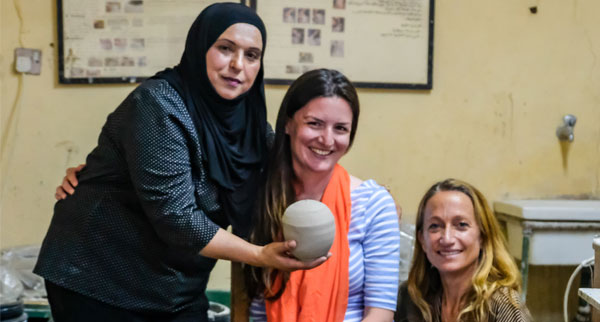
Celine’s top tip
We’ve made sustainability seem complicated, but it’s quite simple: it’s about connecting human beings to their environment and helping people see why our relation to it is so important.
Q. How did you become so passionate about the environment?
A. It’s always been in my family. My mother’s family is from southern France and although I was born in the US, I spent quite a bit of time there. We’d go to our neighbour to get our eggs; we’d watch the goats being milked; and eating local was a given – we didn’t need to call it ‘sustainability’. On my father’s side, my grandfather [oceanographer and conservationist Jacques-Yves Cousteau] explored the world and came back with lots of stories.
Q. What does sustainability mean to you?
A. It’s a mindset, a way of thinking about everything you do in life. My mother was in the Amazon in the early 1980s and met a shaman who said: “You see that tree over there? I just planted that. Some day that will make a really good canoe. Not for me, not for my son and probably not for my grandson, but maybe my grandson’s son.” That’s sustainability – thinking several generations ahead.
“Incorporating sustainability initiatives and responsible travel should not be optional in tourism, it should be part of travel companies’ ethos and demanded by travellers.”
Q. Do you think the travel industry has been doing enough?
A. We’re working on it, but I don’t think enough is being done across the board yet. The reason I’m here is because I think the potential is massive, not only to support TreadRight, but to inspire travellers to be part of that change. We need to protect greater areas, both on land and in the ocean, and see indigenous people as allies in the protection of the environment.
Q. How do you think travel might change post‑pandemic?
A. I believe people will be more mindful about where and how they travel, and put more consideration into travel-related decisions. We’ve had restrictions on our ability to see and experience the world and many people miss this freedom. My hope is that we understand travel is a privilege and provides an opportunity for positive impact. Incorporating sustainability initiatives and responsible travel should not be optional in tourism, it should be part of travel companies’ ethos and demanded by travellers. We have the potential for great change and we are being given the chance to re-evaluate how we tread on this planet. Now is the time for that change.
Read more
Responsible tourism: What’s the next big issue?
Why Zambia could be the perfect choice for a sustainable safari
Five of the best ethical initiatives worldwide

